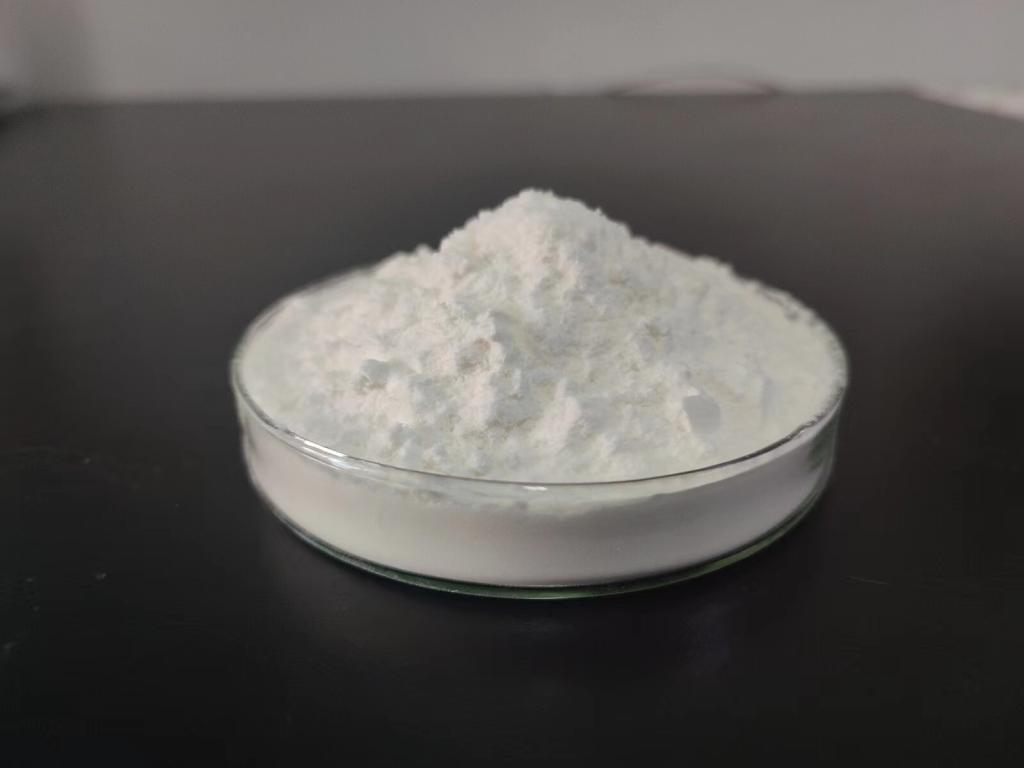Tel:+8618231198596

News
 CONTACT
CONTACT
 CONTACT
CONTACT
- Linkman:Linda Yao
- Tel: +8618231198596
- Email:linda.yao@dcpharma.cn
- Linkman:CHARLES.WANG
- Department:Overseas
- Tel: 0086 0311-85537378 0086 0311-85539701
News
Current Position:
Home >
News
>Precision Formulations in Personal Care: The Role of ε-Polylysine Hydrochloride
Precision Formulations in Personal Care: The Role of ε-Polylysine Hydrochloride
TIME:2024-02-01
I. The Evolution of Precision Formulations:
Shift Towards Precision Beauty:
The beauty and skincare industry is witnessing a shift from generic formulations to precision beauty, where products are tailored to address specific skin concerns and individual preferences.
Advancements in Ingredient Technology:
Advances in ingredient technology play a crucial role in precision formulations, allowing the incorporation of cutting-edge substances with targeted benefits.
II. Understanding ε-Polylysine Hydrochloride:
Natural Antimicrobial Peptide:
ε-Polylysine is a naturally occurring antimicrobial peptide derived from certain bacterial strains. Its hydrochloride salt form is water-soluble, making it suitable for various personal care applications.
Antimicrobial Properties:
The primary function of ε-Polylysine hydrochloride lies in its antimicrobial activity, inhibiting the growth of bacteria and fungi. This property is particularly beneficial for enhancing product safety and shelf life.
III. Applications in Precision Personal Care:
Preservation of Natural Ingredients:
Precision formulations often include natural and delicate ingredients. ε-Polylysine hydrochloride acts as a natural preservative, protecting these ingredients from microbial contamination without resorting to traditional synthetic preservatives.
Targeted Skin Care:
ε-Polylysine hydrochloride can be incorporated into skincare formulations designed for specific skin concerns. Its antimicrobial properties contribute to maintaining a clean and hygienic product, especially in items like serums and creams.
Stabilization of Formulations:
The stabilizing effect of ε-Polylysine hydrochloride on formulations ensures the integrity of active ingredients, preventing degradation and enhancing the overall stability of personal care products.
IV. Benefits of ε-Polylysine Hydrochloride in Personal Care:
Broad-Spectrum Antimicrobial Activity:
The ability of ε-Polylysine hydrochloride to target a broad spectrum of microorganisms ensures comprehensive protection against bacteria and fungi, contributing to product safety.
Compatibility with Sensitive Skin:
ε-Polylysine hydrochloride is generally well-tolerated by the skin, making it suitable for formulations catering to individuals with sensitive or reactive skin types.
Water Solubility and Formulation Flexibility:
The water-soluble nature of ε-Polylysine hydrochloride offers formulation flexibility, allowing its incorporation into various water-based personal care products, including cleansers, toners, and serums.
V. Precision Formulations in Skincare:
Serums and Treatment Products:
Precision skincare products often include serums and treatment formulations targeting specific skin concerns. ε-Polylysine hydrochloride enhances the stability of active ingredients, ensuring optimal efficacy.
Microbiome-Friendly Formulations:
Precision formulations now consider the skin microbiome, and ε-Polylysine hydrochloride's antimicrobial properties can contribute to maintaining a healthy balance in formulations designed to support the skin microbiome.
VI. Sustainability Considerations:
Reducing Dependency on Traditional Preservatives:
The use of ε-Polylysine hydrochloride as a natural preservative contributes to reducing the reliance on traditional synthetic preservatives, aligning with the growing demand for sustainable and eco-friendly personal care products.
Biodegradability:
The biodegradable nature of ε-Polylysine hydrochloride ensures that its use in personal care formulations does not contribute to long-term environmental pollution, emphasizing sustainability in beauty products.
VII. Safety Considerations:
Toxicology and Safety Profiles:
Extensive research supports the safety of ε-Polylysine hydrochloride in cosmetic and personal care applications. Toxicology studies have demonstrated its compatibility with human skin and its non-toxic nature.
Regulatory Compliance:
Adherence to regulatory standards and guidelines is crucial to ensure the safety and legality of personal care products containing ε-Polylysine hydrochloride. Compliance with established regulations supports consumer trust and confidence.
VIII. Future Directions and Innovations:
Advancements in Formulation Science:
Ongoing research and innovations in formulation science may lead to new ways of incorporating ε-Polylysine hydrochloride into personal care products, further enhancing its efficacy and versatility.
Combination with Other Active Ingredients:
Exploring synergies between ε-Polylysine hydrochloride and other active ingredients may result in novel formulations with enhanced benefits, catering to the diverse needs and preferences of consumers.
IX. Conclusion:
As the beauty and skincare industry undergoes a transformation towards precision formulations, ε-Polylysine hydrochloride stands out as a key ingredient contributing to efficacy, safety, and sustainability. Its antimicrobial properties, compatibility with sensitive skin, and potential for reducing environmental impact make it a valuable component in the quest for personalized and responsible personal care products. As research and innovation continue, ε-Polylysine hydrochloride holds promise as a versatile and progressive solution in the ever-evolving landscape of precision formulations.
- Tel:+8618231198596
- Whatsapp:18231198596
- Chat With Skype







